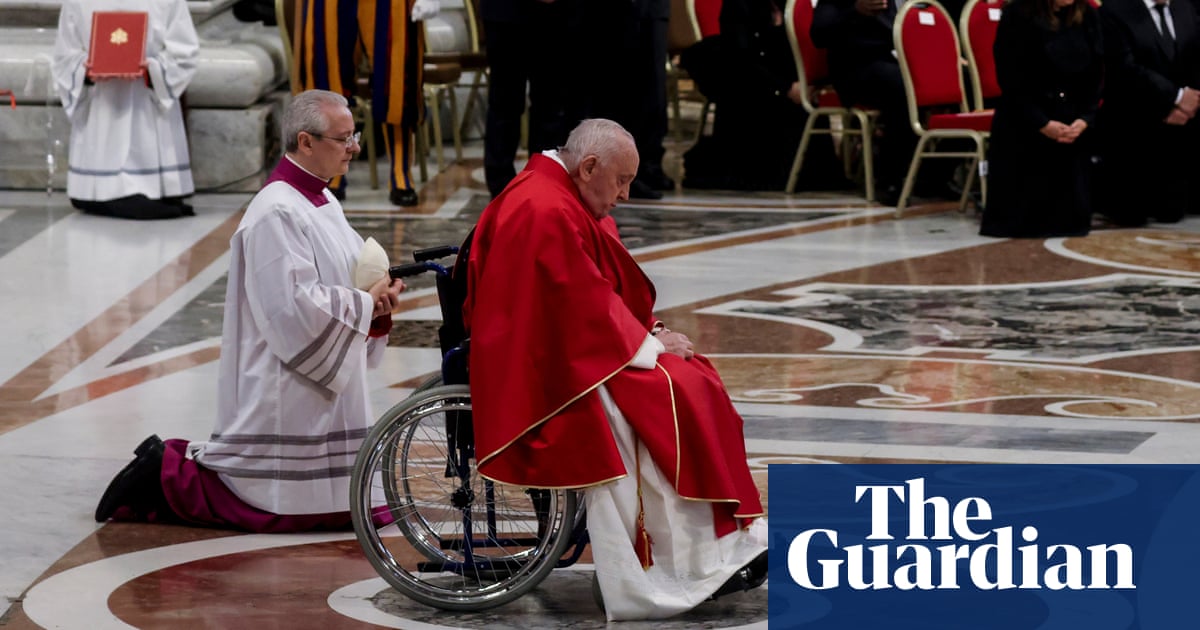
Plans to send Abdullah Al-Senussi to answer questions over 1988 Lockerbie bombing shelved over fears of unrest
‘The Butcher’ thought to be behind 2003 Saudi crown prince assassination plot, 1989 Niger plane bombing and 1996 Abu Salim massacre
LONDON: A plan to extradite Abdullah Al-Senussi, the brother-in-law and most trusted ally of Muammar Qaddafi, to the US was aborted this week by Libyan authorities.
Sources told The Guardian that officials in Tripoli feared a public backlash if Al-Senussi, 72, was sent to America this coming weekend, so soon after Mohammed Abouagela Masud, the man suspected of involvement in the Lockerbie bombing, was captured at his home by armed men on Nov. 17 and handed over to the US in Misrata, in an operation Libya claims was “lawful, and conducted in cooperation with Libyan authorities” but which Masud’s family say was “unlawful abduction.”
Al-Senussi, Qaddafi’s former spy chief known as “The Butcher,” was sentenced to death after he was convicted of various crimes in a mass trial in 2015 and is being held in Rawawa prison in Tripoli, where he is said to be in poor health.
He was set to be flown to the US to answer questions about the Lockerbie attack, which killed 270 people on board Pan Am Flight 103 and in the small Scottish town it was flying over when a bomb exploded aboard the plane in 1988.
However, the nature of Masud’s arrest and extradition has caused anger in some quarters in Libya, leading to the Government of National Unity reversing its decision to send Al-Senussi.
A source told The Guardian: “The idea was to have Masud sent to the US first and then give them (Al-Senussi). There have been discussions for months about this. But then officials got worried.”
Efforts to extradite both Masud and Al-Senussi were first launched under the previous US administration. An agreement was eventually reached with Abdul Hamid Dbeibeh, the GNU’s interim prime minister, in August this year, which represented a foreign policy win for US President Joe Biden following the disastrous departure of the US from Afghanistan 12 months before and the president’s flagging popularity ahead of the US midterm elections.
Dbeibeh’s mandate to govern expired a year ago, giving him the incentive to maintain good ties with the US but also dampening his desire to rile the Libyan public or other powerbrokers in the country.
Alia Brahimi, a Libya expert with the Atlantic Council, told The Guardian: “Al-Senussi is suspected of a great many crimes and the possibility that he might answer for one of them, an act of mass murder no less, is extraordinary.
“Any transfer would generate enormous controversy, whatever the circumstances, as did that of Masud, and rightly so. But the lasting story will be about the long arm of American justice, and it will be heard around the world.
“Successive transitional governments (in Libya) have struggled to hold members of the old regime accountable in a transparent and ordered way, because of the chaos which has prevailed since the revolution but also because of the continuing power of regime interest groups.”
Al-Senussi is widely despised in Libya, ranked second on a list of wanted war criminals by opponents during the uprisings against Qaddafi’s regime in the Arab Spring, and is considered responsible for the massacre of about 1,200 people at Abu Salim prison in 1996. However, he and his family still retain significant support among a number of key Libyan tribes.
In his role as the country’s intelligence chief, he is believed to have been behind a plot to murder King Abdullah, when he was Saudi Arabia’s crown prince, in 2003.
In 1999, a French court convicted him in absentia of complicity in the 1989 bombing of a plane over Niger that killed 170 people, and he is thought to have been the handler of the only man ever convicted of involvement in the Lockerbie bombing, Abdelbaset Al-Megrahi.












